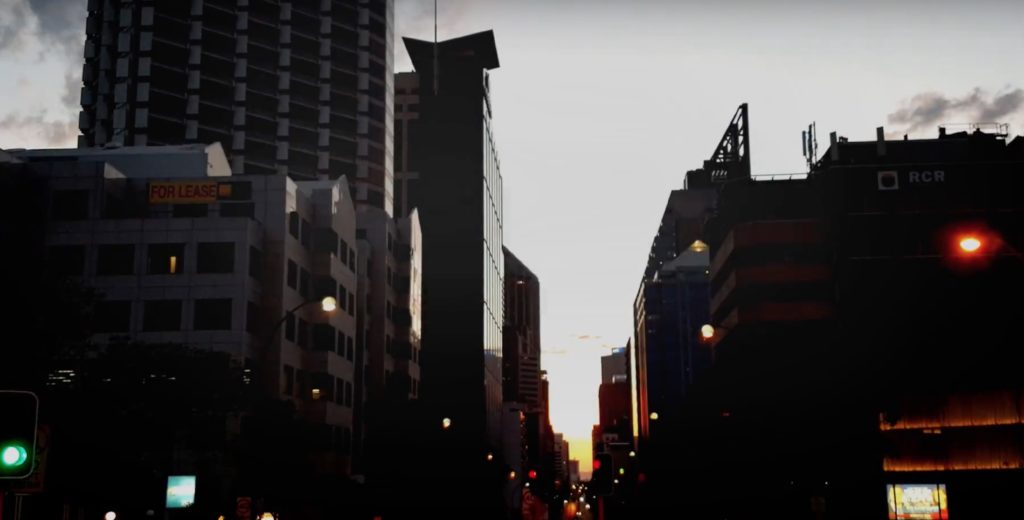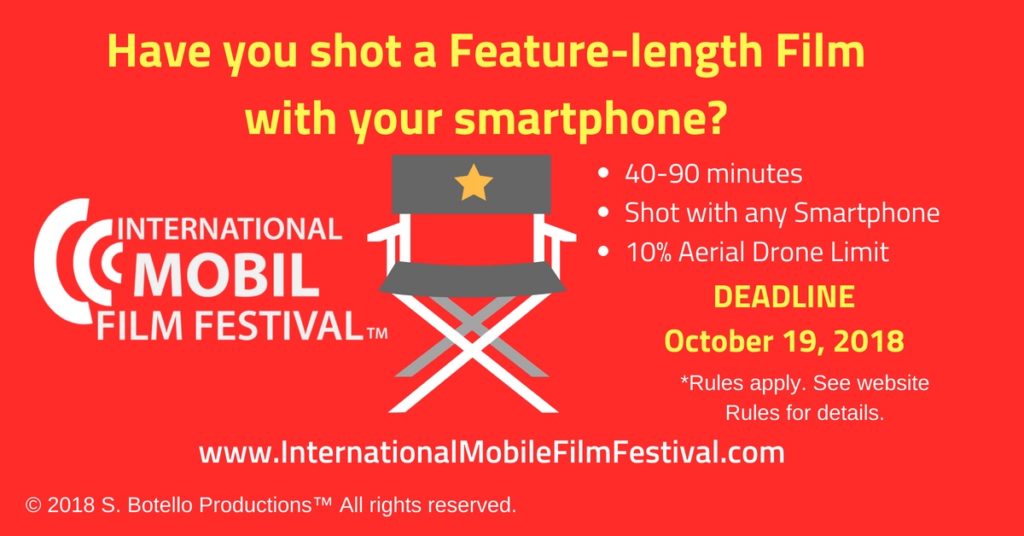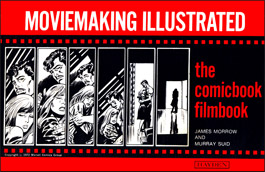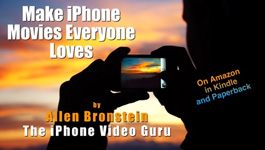Italian actor/moviemaker Matteo Tibiletti made “Yes, No” to address a major societal problem. At the same time, his prize-winning movie demonstrates the power of the minimalist movie. With a cast of only two performers and no locations and no props, Tibiletti creates a haunting drama. In an interview (below), the director takes us behind the scenes of the making of this original film.
MMM: How did you develop your narrative skills?
Tibiletti: I have always loved writing stories, looking for originality in everyday life. I have written many plays that have seen the light in some Italian theaters.
MMM: How did you come up with the idea for “Yes, No”?
Tibiletti: The idea started from the need to arrive at the origin of the problem concerning violence against women. A no is a no, however it’s pronounced. I wanted to talk about violence without showing violence, leaving it as a caption in the story. I wanted to focus everything on the mouth because the mouth kisses, speaks, hates and loves. It’s the origin of all. Beyond that, as a theater enthusiast, I wanted to pay tribute to Samuel Beckett and his work “Not I“, in which a mouth is the only protagonist of a long and crazy monologue.
MMM: Could you talk about shooting the movie.
Tibiletti: The camera was a Samsung s7 Edge. Other gear included a tripod, two spotlights and an external microphone.I also used a black backdrop that I normally use in my photo shooting
MMM: Were there advantages in shooting with a mobile device?
Tibiletti: What I love about cinema are the ideas. The equipment in my opinion is just an instrument and should not be considered a limit. A good idea remains a good idea with a cell phone or a traditional camera. The limitation in using a smartphone can only be the inability of the director to find a suitable solution to a technical problem. I always try to find an artistic solution to the possible technical problem…and to be honest it’s something that amuses me and stimulates me a lot!
MMM: How did you cast the movie?
Tibiletti: A few years ago I shot a first version of “Yes, No” with my wife, who is a wonderful actress. I shot it with a regular camera but without success. When the opportunity of the Mobile Film Festival was presented, Fabrizio Valezano (professional actor and dubber) suggested that I shoot it again with my smartphone. At that point I decided to totally change the cast and I put him in my place and Martina Caletti (my acting student, with a beautiful smile) to replace my wife.
MMM: What about the editing?
Tibiletti: I always use Premier Pro cc. Here, I turned the images into black and white and tried to keep a crescendo, passing from one mouth to the other.
MMM: What was your concept for the music?
Tibiletti: Because this was a zero-budget film, I had to search the web for free soundtracks. I found the YouTube page of Kevin Macleod extremely interesting! He is a truly exceptional musician and his soundtracks are really fantastic. As soon as I heard the song “Welcome to Horrorland” I realized it would be perfect for my film! It has the right crescendo and charged images of true emotional tension.
MMM: Did the movie come out the way you expected?
Tibiletti: Normally I always regret some choice made during the making of a short film.”Yes, no” is an exception: it is exactly as I had imagined it in my head.
MMM: How has your film been received?
Tibiletti: Winning the Prix du scénario at the 2018 Mobile Film Festival was definitely one of the best moments of my career! An international recognition of what I love most: making up stories! Receiving it from a great director like Patrice Leconte made me so proud! “Yes, no” also was chosen as the Best Film for Originality at the Cinephone short film festival in Barcelona. That confirmed, on an international level, my passion and commitment in the search for something different. The victory in Barcelona has opened the door to the final stage of the Global Mobile Film Awards 2018 in San Diego! I am very excited at the thought that so many people will be able to see my work and maybe appreciate my way of saying “no” to violence against women.
MMM: Do you have any advice for someone just starting out as a moviemaker?
Tibiletti: More than “teaching” I would feel like “recommending”, as I do with my acting students to think that watching the film will be an audience that does not know us … that does not know what we have in mind and that most likely it does not think like us. What I try to do is to say my opinion, in my own way, explaining it as clearly as possible … because the response of the public is the most important thing! Cinema is communication, like theater, television, all the arts in general: I can not shoot a movie just to feel good about myself … I have to give something to those who are watching me … I would like that the person who does not know me wants to know me, to talk to me, to criticize me (very important thing) and to tell me his/her opinion! Personal and artistic growth exists only through comparison. Here, another tip: never be afraid of critics because when well argued and motivated, criticism is the most important thing that the public can give us!
MMM: How can people follow your work?
Tibiletti: I’m on Facebook, twitter and instagram. with my personal page, both with that of my production company “Girodivite”. Currently we have organized a crowdfunding page for the production of a short film-tribute to David Lynch entitled “Blue Dream” and we are publishing many really interesting content! We have also produced two other shorts with the smarphone for the new edition of the Mobile Film Festival! “Trash” and “Validation” are two shorts of which I am extremely proud because they have human rights as their theme and in such a difficult period for Europe and for the whole world. I think it is important to find a new methodology to deal with topics like this.
# # #
“Yes, No” has been chosen as a Mobile Movie of the Week by the editors of MobileMovieMaking.com.



 Previous post
Previous post
 Next post
Next post





